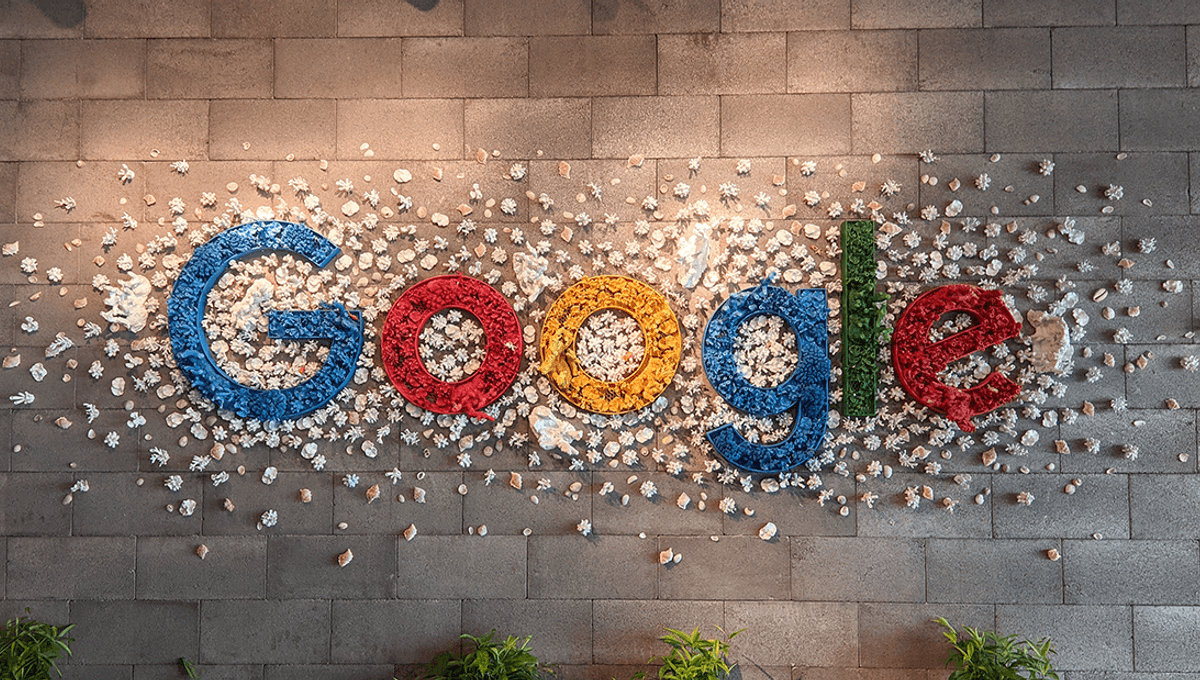
Google has achieved what few brands have, making their company name become the default verb for what their product does. Rather than saying “search it” it’s common to say “Google it” even if the person you are talking to is the type who will Google it on Bing.
Google didn’t start out as Google. When Larry Page and Sergey Brin first began the project, hosting it on Stanford servers in 1996, the search engine was known as “Backrub“. This was because the search engine was focused on “backlinks” on the web, or how websites link to each other, telling them where information came from, what sites are trusted and on what topics, and attempting to rank them accordingly in search results. A year later, they thankfully realized the name needed a change, and so nearly 30 years on we do not have to ask people to Backrub topics they are woefully ignorant on. The name they settled on was Google.
But what does “Google” mean? If you Google it on Google, the first result you are likely to come across (though search results are not the same for everybody) explains that it stands for “Global Organization of Oriented Group Language of Earth”. This is, however, incorrect according to Google’s own website, and people present at the name-changing sessions.
“Sean [Anderson] and Larry [Page] were in their office, using the whiteboard, trying to think up a good name – something that related to the indexing of an immense amount of data,” Stanford computer scientist David Koller explains. “Sean verbally suggested the word ‘googolplex,’ and Larry responded verbally with the shortened form, “googol” (both words refer to specific large numbers).”
Anderson Backrubbed (see how bad that name is?) the name to see if the domain name was available, and made a historic mistake.
“Sean is not an infallible speller, and he made the mistake of searching for the name spelled as ‘google.com,’ which he found to be available. Larry liked the name, and within hours he took the step of registering the name ‘google.com’ for himself and Sergey (the domain name registration record dates from September 15, 1997).”
Googol means 1 × 10100, or 1 followed by one hundred zeroes, and according to Google the term “reflects [Google’s] mission to organize a seemingly infinite amount of information on the web.”
[H/T: The Mirror]
Source Link: People Are Just Now Learning What "Google" Actually Means